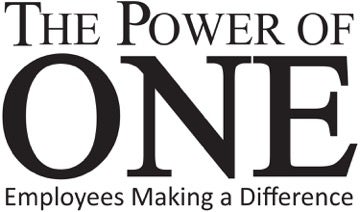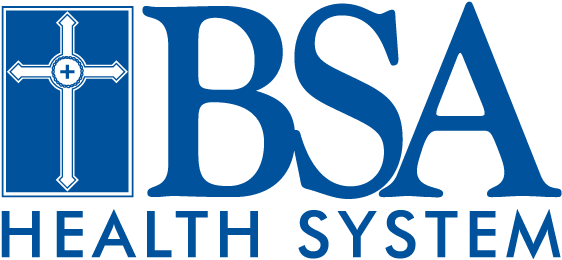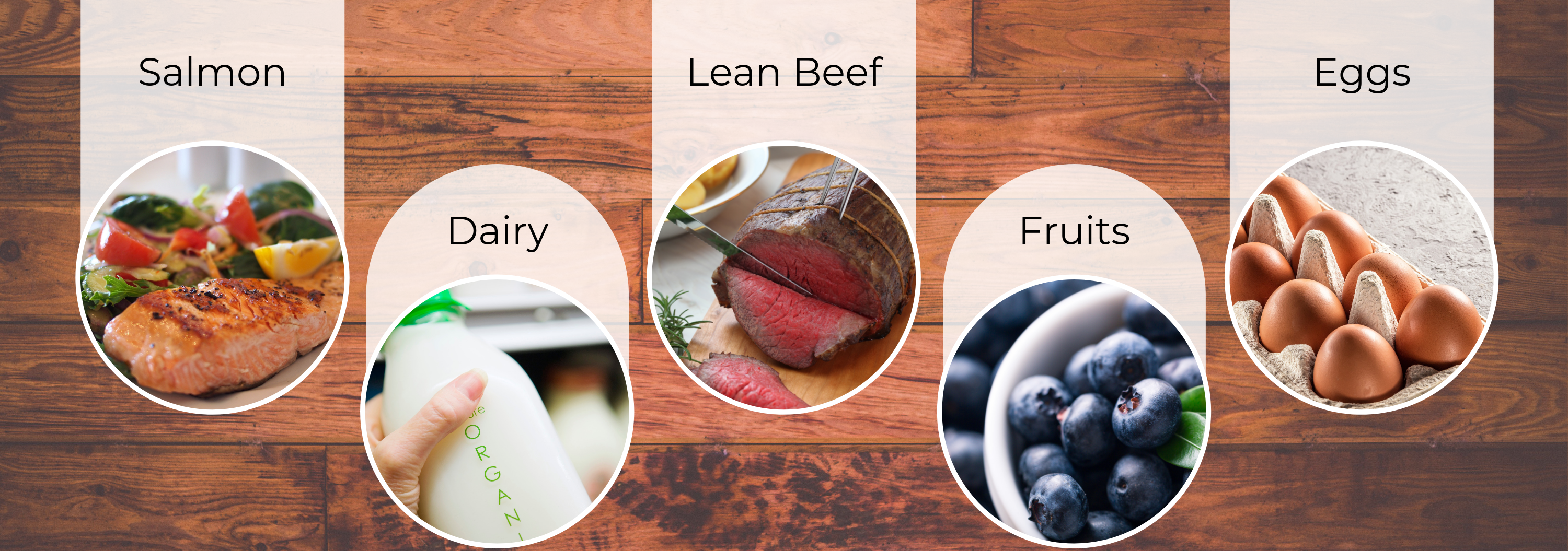Milk Matters: Mom's Meal Plan While Breastfeeding
Breastfeeding is a great way to provide your baby with a variety of nutrients that help to keep your baby healthy. While breastfeeding, it is important to keep up with your own health as well.
Follow the tips below to help you stay healthy while breastfeeding.
Get Those Calories
As a new mom, your body is working hard to produce milk, which increases the number of calories burned. Producing milk can burn an extra 500 or more calories per day. To maintain good health and keep your energy up, account for the extra calories burned and adjust your diet accordingly. You need a diet large enough to make sure you keep producing milk and have plenty of energy.
Pack in Nutrients
Just like during pregnancy, it’s important to eat nutrient-rich foods. Your grocery list should have a good variety of foods to help with milk production and keep you healthy. Foods that are loaded with protein, iron and calcium are known to help stimulate breast milk production. Here are some nutrient-rich foods and their benefits:
- Fish is a great source of protein and DHA, a fat that helps a baby develop.
- Dairy ensures your calcium and vitamin D supply are being replenished.
- Lean beef provides a boost of extra protein and vitamin B12.
- Fruits are good sources of vitamins and minerals and they raise your energy level.
- Eggs contain healthy fats and protein.
- Whole wheat bread and pasta supply folic acid, fiber and iron.
Stay Hydrated
Staying hydrated is important for everyone, but even more so for a breastfeeding mom. Breastfeeding will not only make you thirstier, but your body will require lots of water to effectively produce milk. There is no set rule on how much water to drink, but checking the color of urine is a good indicator. If the urine is dark yellow, hydration levels are low. It’s a good idea to drink a glass of water while breastfeeding or pumping.
Avoid sugary drinks since they usually don’t have added nutritional value and can lead to weight gain. Consume no more than 24 ounces of caffeine, as it can affect the baby and disrupt his/her sleep.
Eating a healthy diet while breastfeeding doesn’t need to be hard or stressful. The key is moderation in everything and to eat a variety of nutrient-rich foods. Mix up snack and meal plans to give you and your baby a wide-range of benefits.
Did you know BSA offers a free breastfeeding support group once a month where you can network with other breastfeeding moms and learn tips from the BSA Lactation Consultants? To join the support group, register online at bsahs.org/breastfeeding-support-group.





